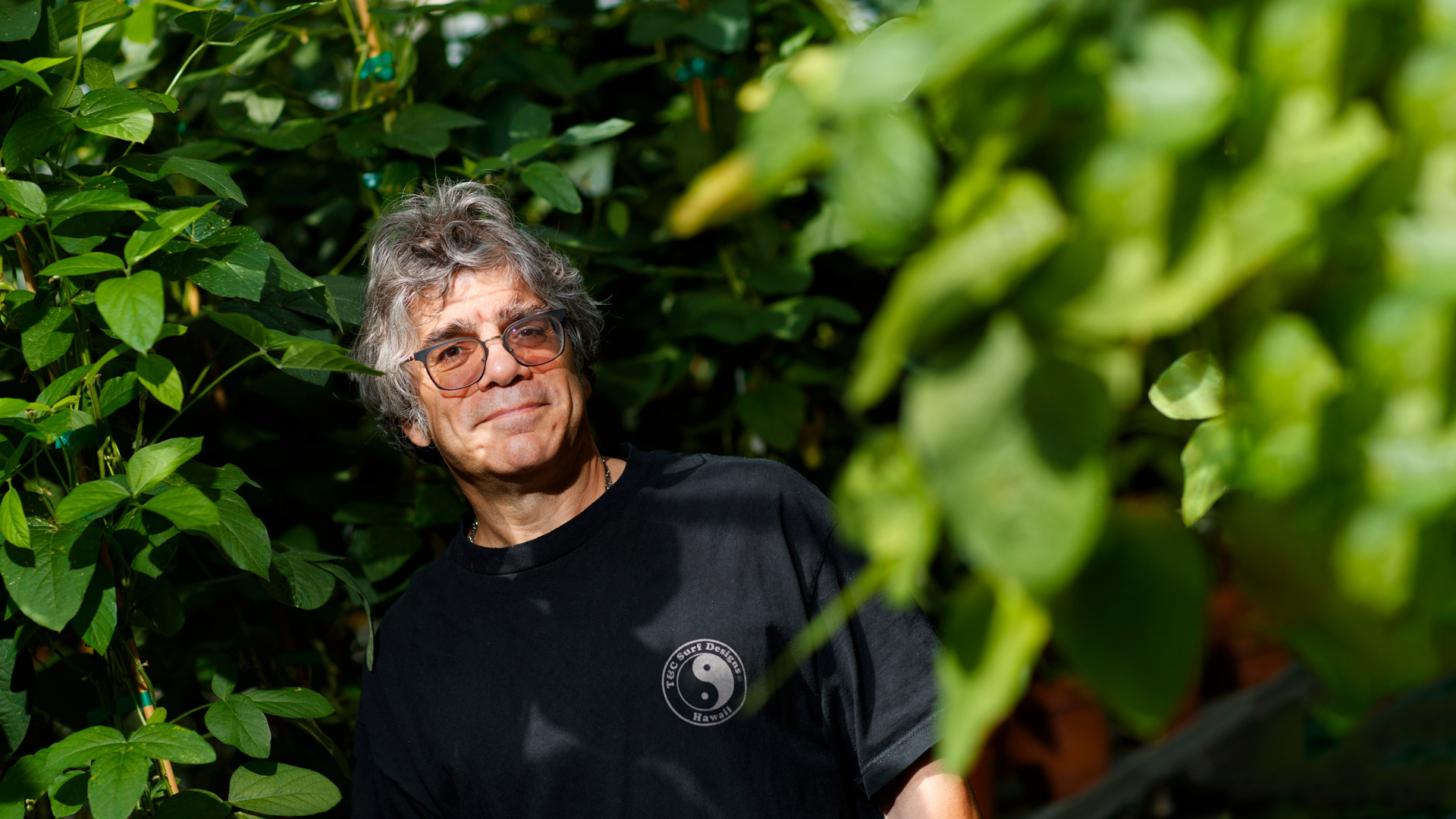
by Lana Koepke Johnson | Agronomy and Horticulture
Tom Elmo Clemente, Eugene W. Price Distinguished Professor of Biotechnology in the Department of Agronomy and Horticulture, was presented with the Prem S. Paul Innovator of the Year award during the NUTech Ventures 2023 Innovator Celebration Nov. 6.
This award recognizes an individual who exemplifies innovation and entrepreneurship by advancing novel research toward significant commercial utilization and is named for the late chancellor for research and economic development.
“NUtech helps the university get their innovations, be it for research, teaching or extension, out of the academic environment and into the private sector while still protecting that innovation,” Clemente said. “That translation out of the research lab to the private sector is the most important thing.”
Clemente is also the director of the state-of-the art Plant Transformation Core Research facility at the Center for Plant Science Innovation. His research includes developing tools for functional genomics and implementing genetic engineering for introduction of novel biotic and abiotic traits in the major commodity crops that benefit society.
One of Clemente’s most substantive contributions involved the genetic engineering of soybean plants with a dicamba-tolerant gene in collaboration with Donald Weeks, emeritus professor of biochemistry. The discovery led to an exclusive license and research agreement with a plant biotechnology company, which helped develop other dicamba-resistant crops. This technology allows farmers another tool for their weed management strategies, and it currently is being used on 50 million acres of soybeans and 10 million acres of cotton. In 2023, South America, primarily Brazil, has begun to use it.
For the past decade, Clemente and his colleagues have also been working to develop a soybean-based feedstock for aquaculture by adding a genetic variation to alter the oil profile to make it look more like fish oil. Soybean already has a high-quality protein in it and by adding the oil it could displace fish meal, fish oil and aquafeeds to significantly reduce the operating cost of farm-raised fish.
Clemente became interested in plant sciences and agriculture when he took a plant physiology class and a botany class as an undergraduate at Indiana University of Pennsylvania. He then went on to earn his master’s degree in plant pathology from Oklahoma State and a doctoral degree in plant pathology from North Carolina State University.
“I have built off what everyone else has done,” Clemente said. “Agronomy and horticulture emeriti professors Paul Staswick and James Specht were very instrumental in helping me and our facility to get going. Interacting with Nebraska soybean producers, Nebraska wheat producers and Nebraska corn producers provided more what I have learned about agriculture than what I could have done just staying in an academic bubble.”
More details at: https://go.unl.edu/rfg3